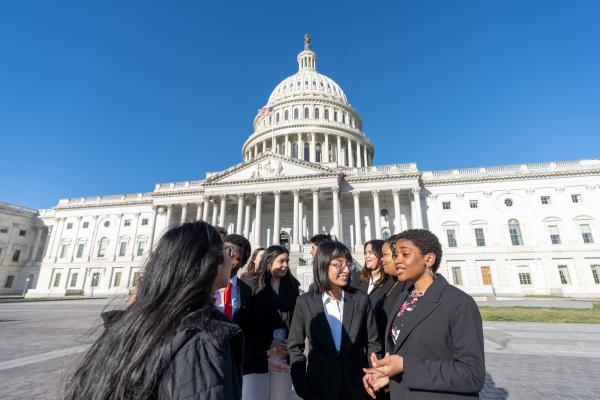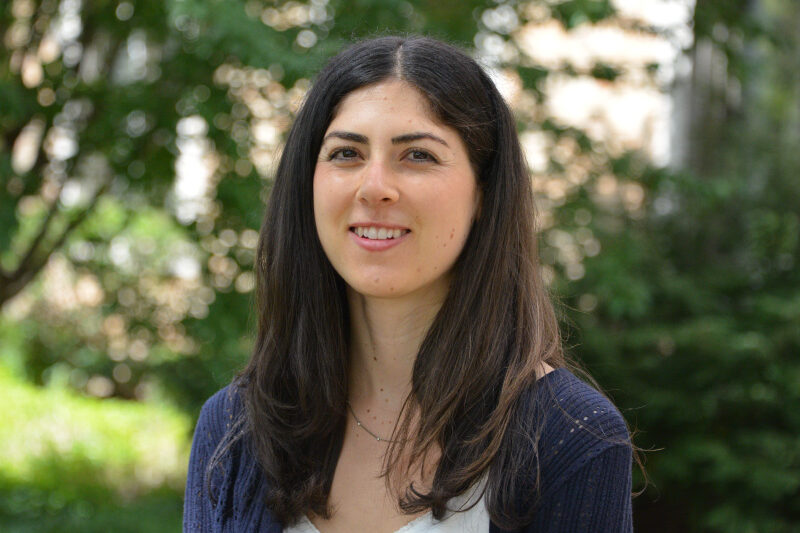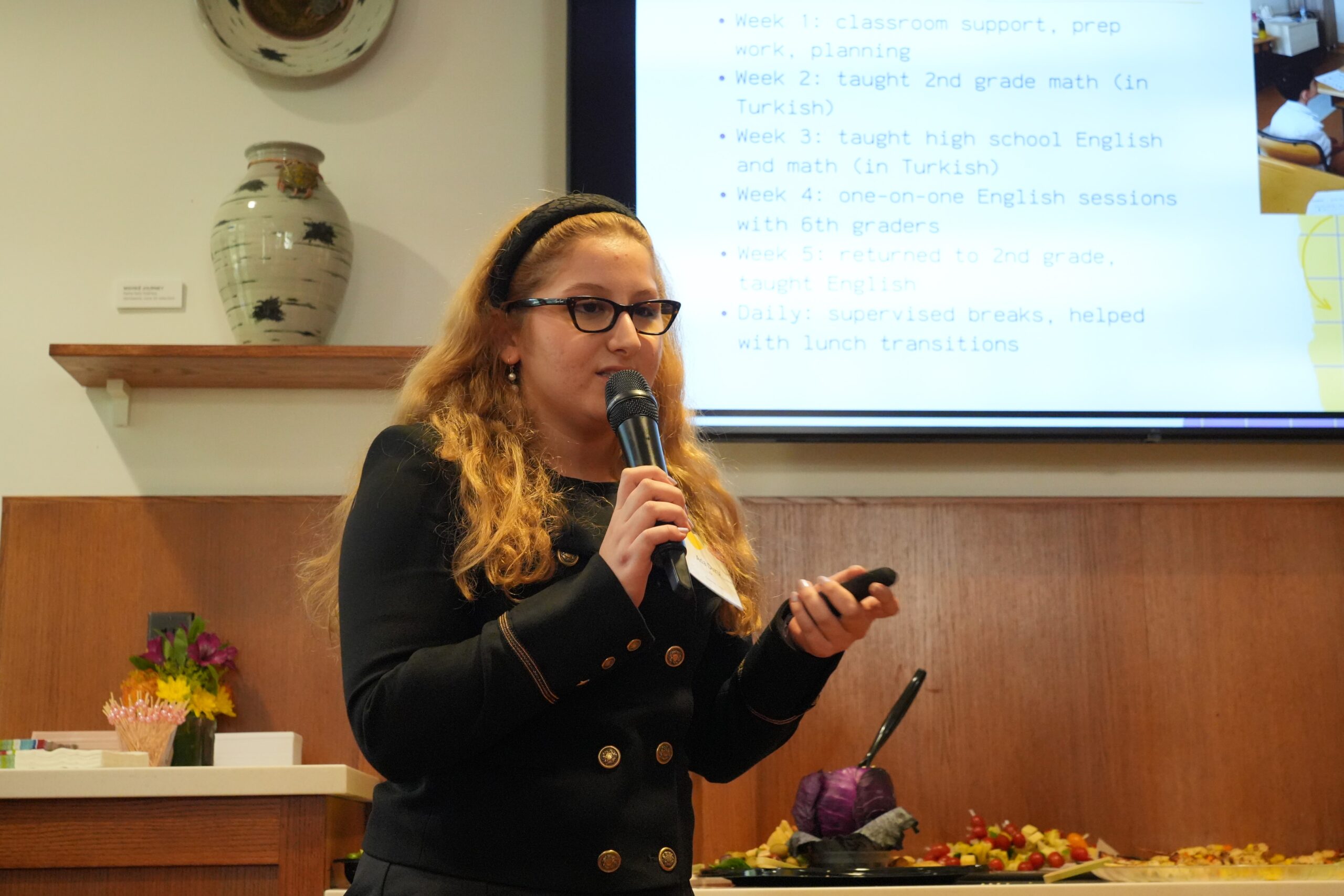Research and vocations align in Washington, D.C. immersion courses
April 5, 2023

How could things be better? This broad question is at the heart of three policy-based courses at the Institute for Social Concerns that spent their spring break in Washington, DC. The courses each focus on a particular topic––education, healthcare, and the environment––while asking students to research and develop a set of criteria for proposed policies and solutions in that field. By the end of the semester students develop practical approaches to helping the US healthcare system better serve human dignity, reducing energy consumption in order to reduce carbon emissions, and making the US educational system more equitable.
Many of the participating students are interested in a career connected to the specific course they take. With that in mind, the three courses are designed to connect student vocations with the analysis of social challenges. “The goal is to expose students to how the system works to be a truly aware and compassionate physician, teacher, et cetera. Students have to be committed to developing understanding,” said Amber Herkey, assistant program director at the Center and instructor of the three courses.
Early on in each course students are required to research and analyze a particular policy, identify the central elements of the policy, and connect it to Catholic social tradition. So they assess policies, laws, and issues before creating a framework for understanding and addressing a social issue of interest to them.
Sophia Rockwell is a sophomore from Pennsylvania with a double major in environmental science and global affairs who participated in Energy, Climate, and Social Change. The immersion showed her that, while the climate crisis is dire, there are many good, smart people and organizations working together to address it. “The climate crisis does not have an easy solution,” she explains, “yet the work of the people that we met shows that there are concrete strides being taken toward environmental protection and sustainable development that are at the forefront of many organizations’ goals.”
While students conducted research while in the classroom, a big part of their final projects were informed by the people they met during the immersion–– policymakers, Notre Dame alumni, think tanks, and more. Building connections with and learning from various stakeholders form a huge piece of the research students complete for their projects. “This class had minimal classroom time because the classroom is DC,” said Herkey about the structure of the course. “The bulk of the learning came from people in the field, when students’ feet hit the ground in DC.”
Rockwell explained that it was important for her to gain “insight into all of the critical actors that work together in the fight for environmental justice and sustainable energy development. Being able to personally connect with alumni who are dedicating their careers and lives to the number one problem that our world is facing was immensely inspiring.”
Related Stories
-
ReSearching for the Common Good: Solbee Kang
-
Bridging worlds through art—Kyla Walker joins institute as international poetry justice fellow
-
The power of encounter—RISE Hometown prepares incoming students for learning in service of justice at Notre Dame
-
The beauty of everyday democracy—Institute convenes scholars, practitioners, Luke Bretherton for democracy conference
-
Catalyzing collaborations with South Bend citizens for the common good—Institute launches South Bend Citizens Collaboratory





